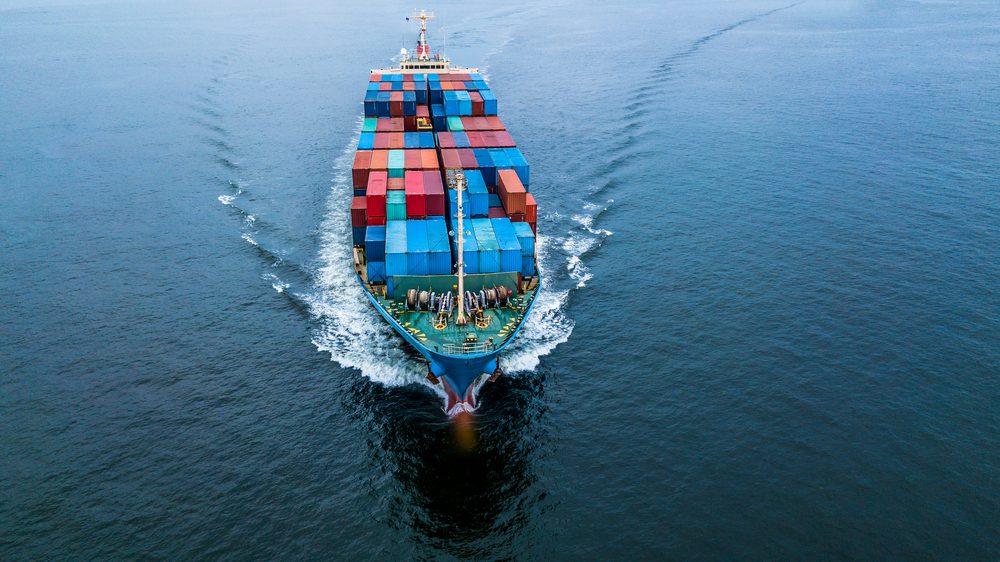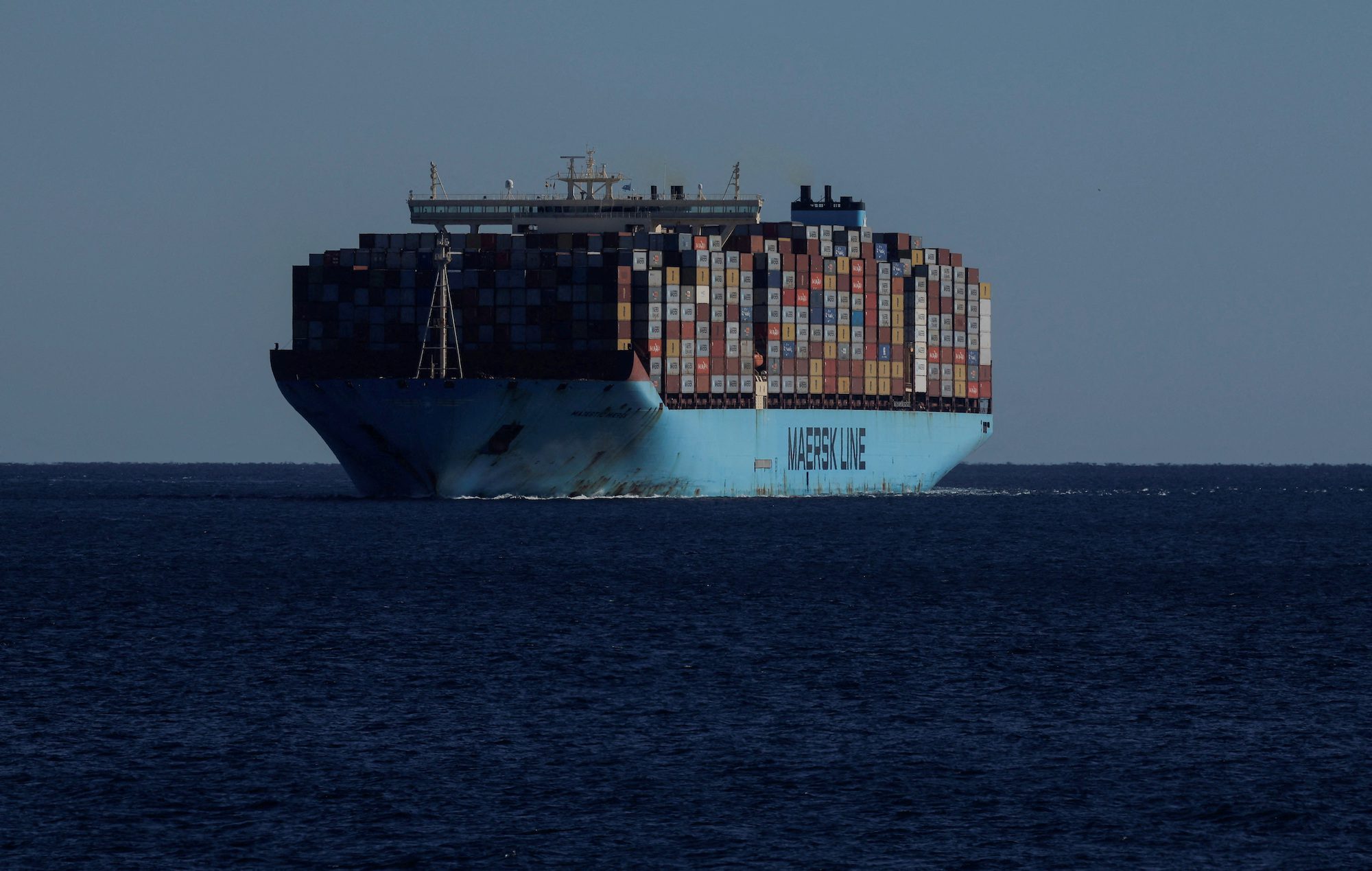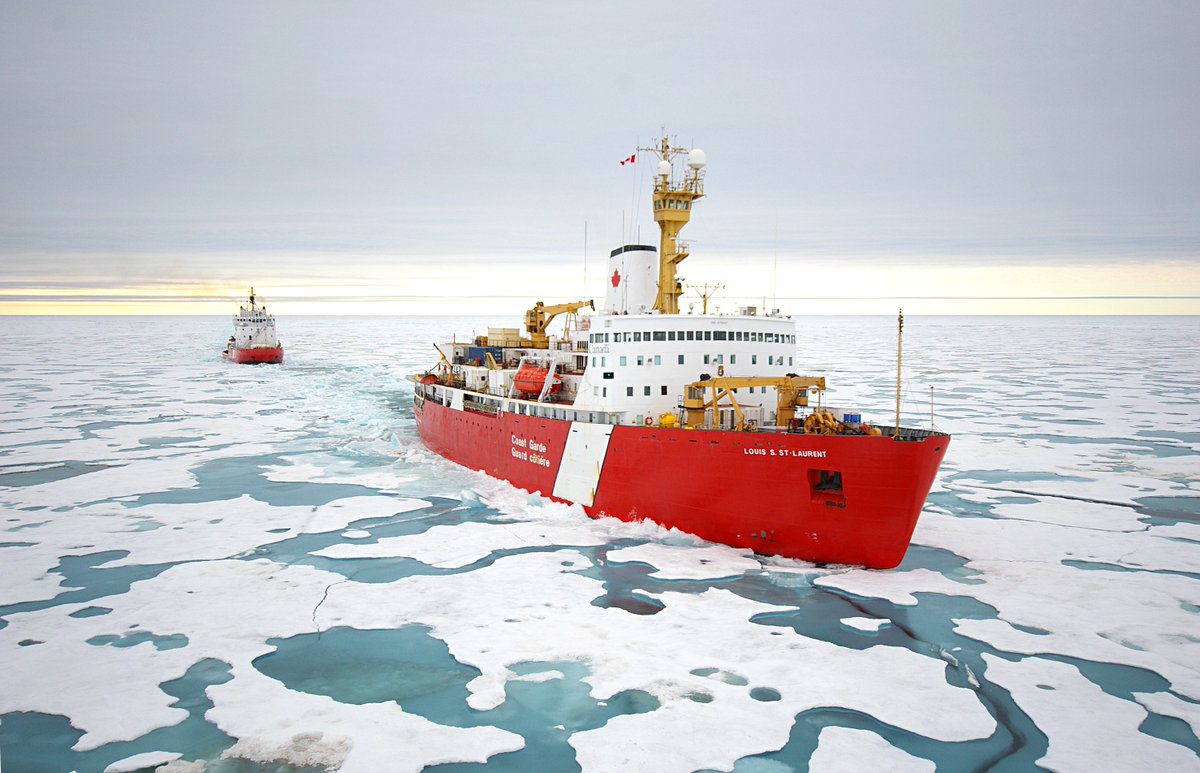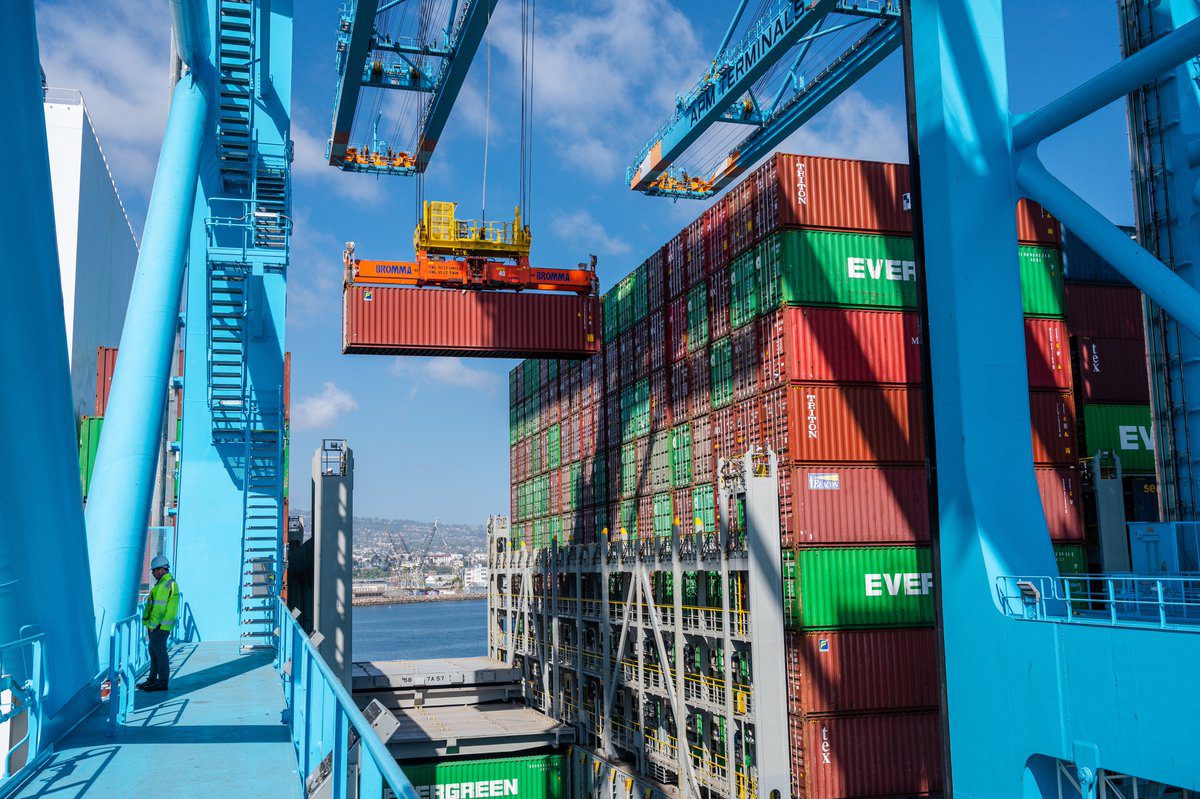Platts, part of S&P Global Commodity Insights, has announced the launch of daily carbon-accounted container freight assessments on 10 key routes from March 1, 2023—a move aimed at providing more transparency into the developing market for carbon emissions in shipping.
The new assessments will reflect the additional cost required to offset 100% of the carbon dioxide emissions from ships through the European Union’s Emissions Trading System (ETS). In other words, the assessments aim to provide transparency and accountability for the carbon emissions associated with shipping containerized goods on the routes covered. By including the cost of offsetting emissions in the assessment, Platts is providing a more accurate picture of the true cost of shipping goods, including the environmental cost.
Platts first proposed launching these assessments in a subscriber note published in January.
Platts has been publishing daily carbon accounted tanker freight assessments since the second half of last year, and freight carbon intensity values and premiums since October 2021. These assess the impact of greenhouse gas emissions on the transport of various crude grades from production storage terminals to typical refinery locations around the world.
The calculations use the daily EU Emission Allowance Nearest-December price as published by Platts. The vessel speed and bunker fuel consumption used in the calculations of the new carbon-accounted freight assessments were decided by extensive market survey and reflect market practice.
The EU reached a preliminary agreement at the end of 2022 to include shipping in its Emission Trading System (EU ETS). Under, the EU ETS, ships above 5000 GT will have to acquire and surrender emission allowances for their CO2 emissions from 2024. According to the latest proposal, 100% of emissions on voyages and port calls made within the EU and EEA, which includes, Iceland, Liechtenstein and Norway, and 50% of emissions on voyages into or out of the EU/EEA will be subject to EU ETS.
Overall, Platts’ new assessments aim to bring more transparency and accountability to the shipping industry’s carbon emissions, which are a major contributor to climate change. As the world works to transition to a low-carbon economy, these types of initiatives will become increasingly important in driving meaningful change.
Unlock Exclusive Insights Today!
Join the gCaptain Club for curated content, insider opinions, and vibrant community discussions.

 Join The Club
Join The Club













